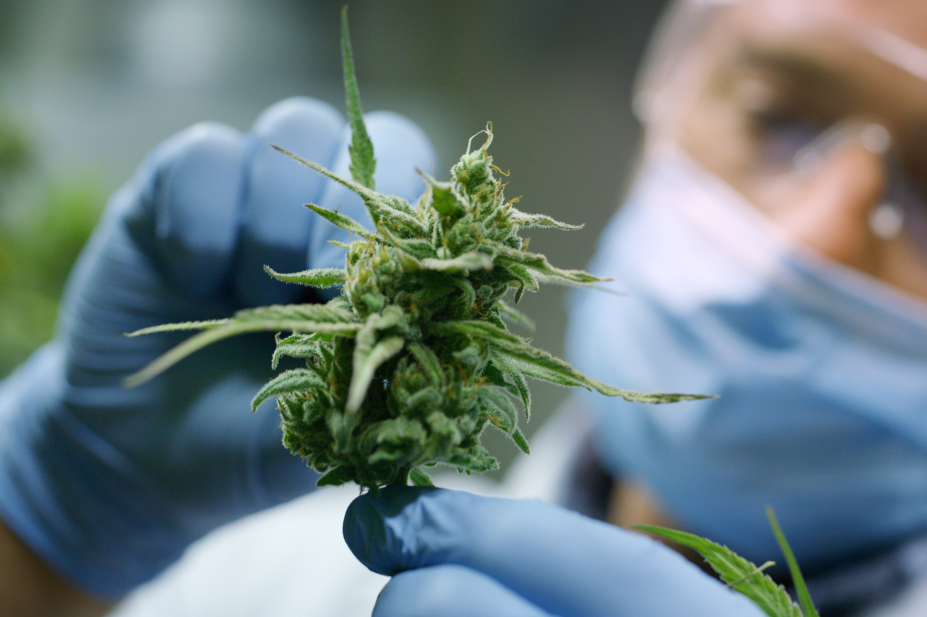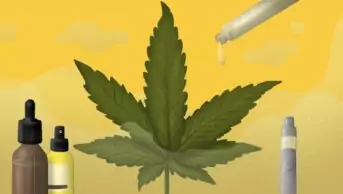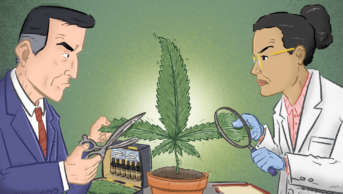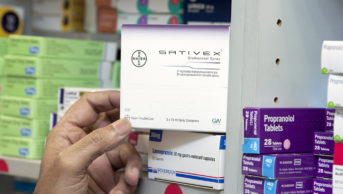
Shutterstock.com
What is thought to be the first bulk shipment of medical cannabis brought into the UK was delivered on 14 February 2019.
Although medical cannabis has previously been imported into the UK for a single prescription, this latest import — of Bedrocan Flower Afina and Bedica Flower Talea, from the Netherlands — is to fulfil prescriptions for four patients.
The importation was arranged by three firms: Grow Biotech, European Cannabis Holdings (ECH) and IPS Specials, a manufacturer of unlicensed medicines in the UK.
In addition to fulfilling the four patients’ immediate prescription needs, the batch includes additional stock which will be “retained to ensure continuity of supply”, according to a joint statement issued by the three companies.
Hari Guliani, chief operating officer for Grow Biotech, told The Pharmaceutical Journal that the extra stock may be used to fulfil repeat prescriptions for the four existing patients, but could also be made available to future patients. The extra supply was, he said, intended to mitigate delays caused by the need to notify the Medicines and Healthcare products Regulatory Agency (MHRA) and the Home Office 28 days in advance of each medical cannabis import.
All imports have been carried out with full authorisation from the Home Office and the MHRA, Guliani added. He also said that one of the four patients for whom this batch of medical cannabis was imported had chosen not to fulfil their prescription on the grounds of cost.
The four prescriptions were issued privately by David McDowell, a private consultant in pain management and a medical advisor to ECH.
He told The Pharmaceutical Journal: “Once the prescription is issued, we can only give a 28-day supply. That effectively means that there is a lag phase between medication being brought into the country [and patients recieving it] … if a repeat prescription was appropriate, patients were faced with having to go through the whole process again, with a delay of several weeks to get more medication in.
“The fact that there is now a supply in is helpful: if, when I reassess the patient, they continue on the same dose and same strain, there’s not going to be a delay in them getting further treatment”.
Medical cannabis became available for prescription on 1 November 2018. Since then, only a handful of prescriptions have been written for patients in the UK, and it is thought that they were all issued by private doctors.
McDowell said he believed that one reason NHS doctors may be reluctant to prescribe is a perceived lack of evidence to support the drug’s medical use.
“The research over the past few years — and there are research papers out there — has been hampered by two reasons: actually getting supply of products, and the stigma associated with street cannabis,” he said.
“There is always a need for more research. However, the thing that can’t be ignored, in my opinion, is that there is a huge database of patient data, particularly from North America, documenting patient pathways, patient responses, dose responses — and that evidence is very strong. I believe that has to be taken into account, in addition to looking at traditional research trials.”


